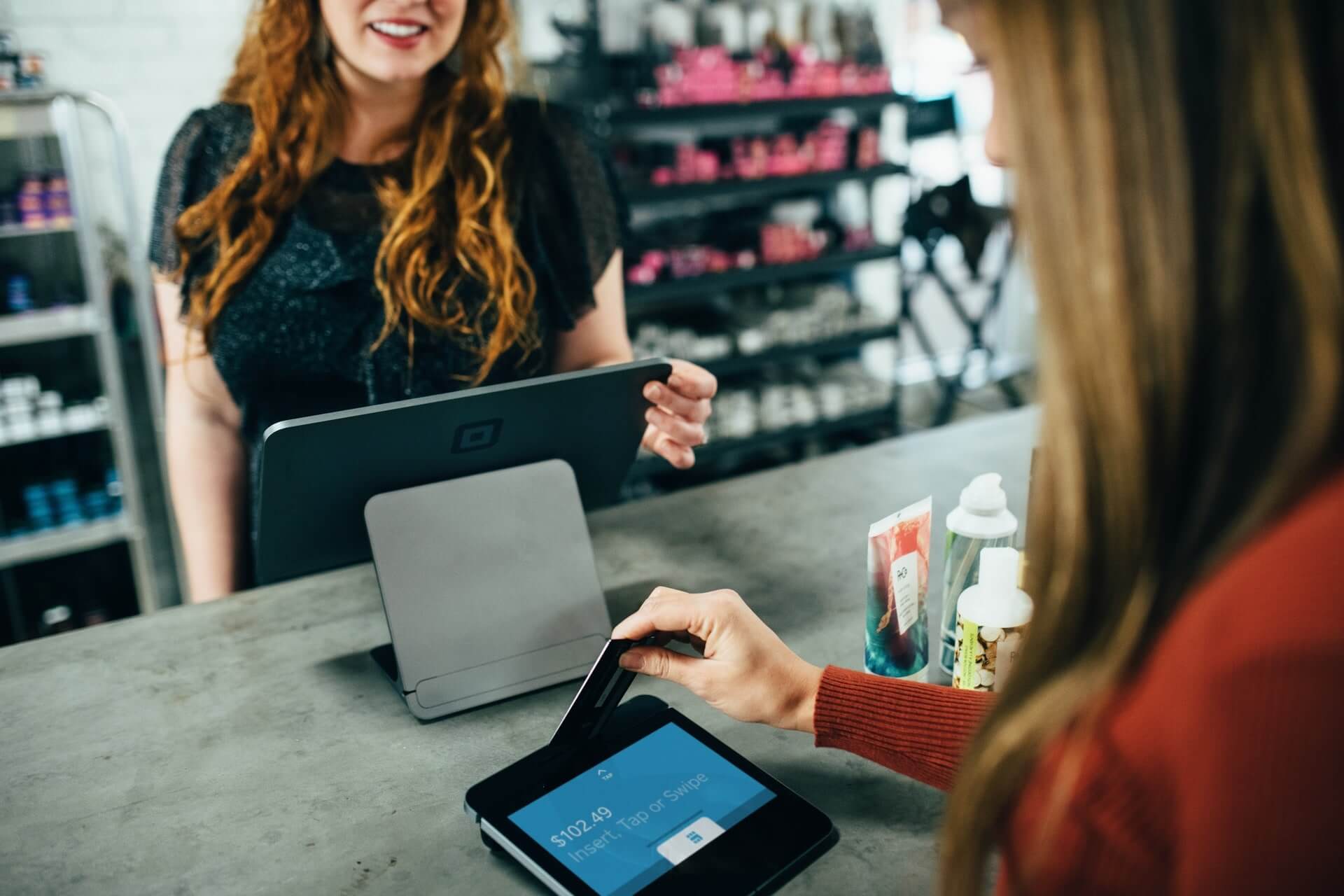Imagine you’re getting ready to buy your dream home in the Philippines. It’s a condo for sale from Crown Asia Properties, one of the Philippines leading real estate home developer. Unfortunately, you’re not from here – you’re from a remote country that doesn’t have any means to connect with the Philippine Financial system – or does it?
Now, imagine you’re on a vacation in Indonesia. Naturally, you’d want to have cash on hand, so you decide to visit a currency exchange. So begins the tedious process of choosing the right currency exchange, deciding on the amount you want to exchange, waiting in line to fill out forms, etc. Now, what if we told you that you no longer had to stop at a currency exchange when traveling in Southeast Asian countries?
Just recently, select Southeast Asian central banks have linked their payment systems and are vying for more countries to partner with them and do the same. In this article, you’ll find out what this means for you and the world financial market infrastructures.
Ready to simplify how you buy products outside of the country? Let’s get started.
What Has Happened?
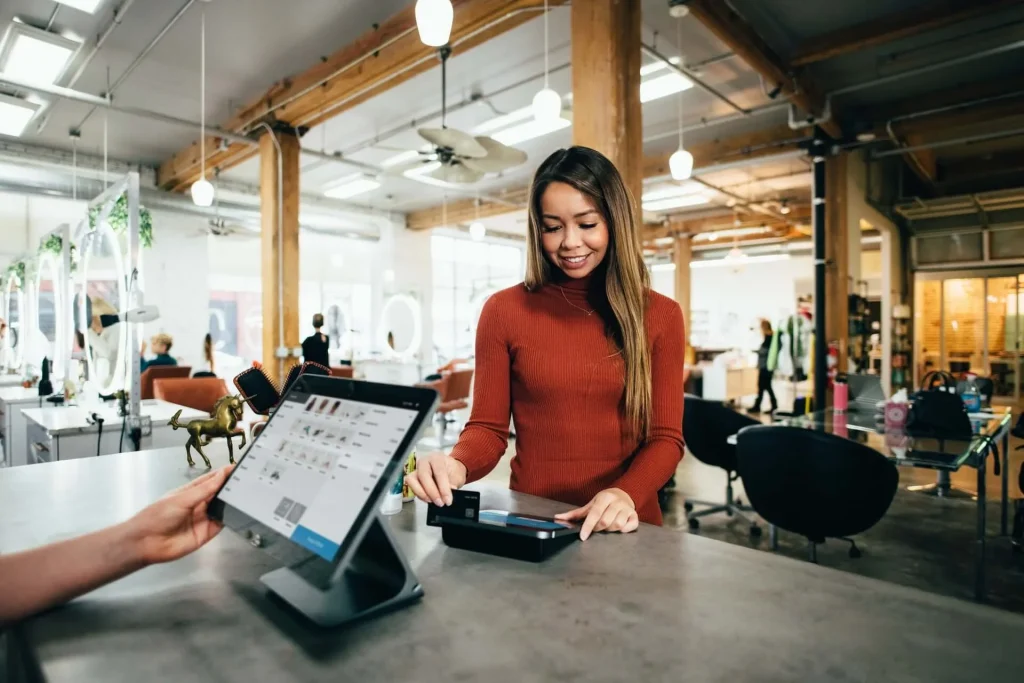
Before we get into its effects, let’s clear the air and talk about what’s happened.
A few days ago, five Southeast Asian countries have collaborated to link their current QR code payment systems by November. These Southeast Asian countries are Malaysia, Thailand, Indonesia, the Philippines, and Singapore. Once the payment systems are linked, you may use QR codes to pay for the products you wish to buy when traveling to one of the other four countries bypassing the need to go through the hassles of exchanging currency.
Say you’re a Malaysian citizen traveling in Singapore. You can buy products and pay through QR codes. Your local app will convert your Ringgit to Singapore dollars without you having to do all the legwork just for your simple retail payments.
As of the moment, the linkages are incomplete and only five countries are in agreement. Malaysia, Indonesia, and Thailand have connected their payment systems while Singapore has linked to Thailand. They are also continuously working to get more countries to join them to make financial transactions easier.
How Will This Work?
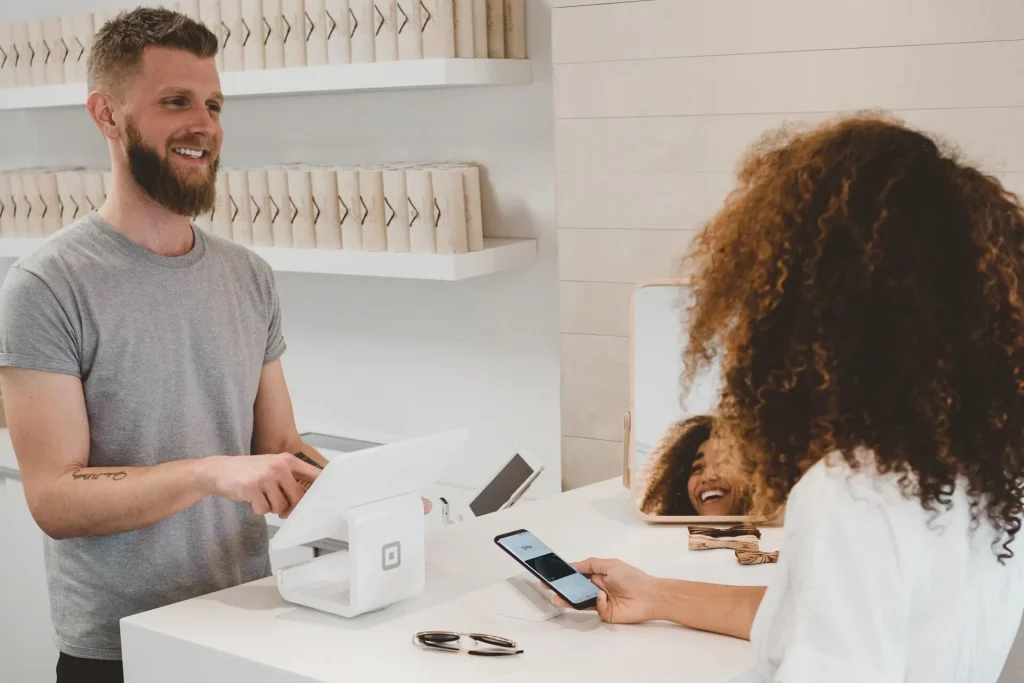
Once the payments system have been linked, you can buy products and services throughout the different partnered countries and regions through a QR code.
According to Singapore’s managing director, linking these systems will promote financial inclusion wherein everyone will be able to access affordable financial services and products, and enhance efficiency for faster and smoother transactions among other things.
How Do Banks Linking Their Payment Systems Affect You?
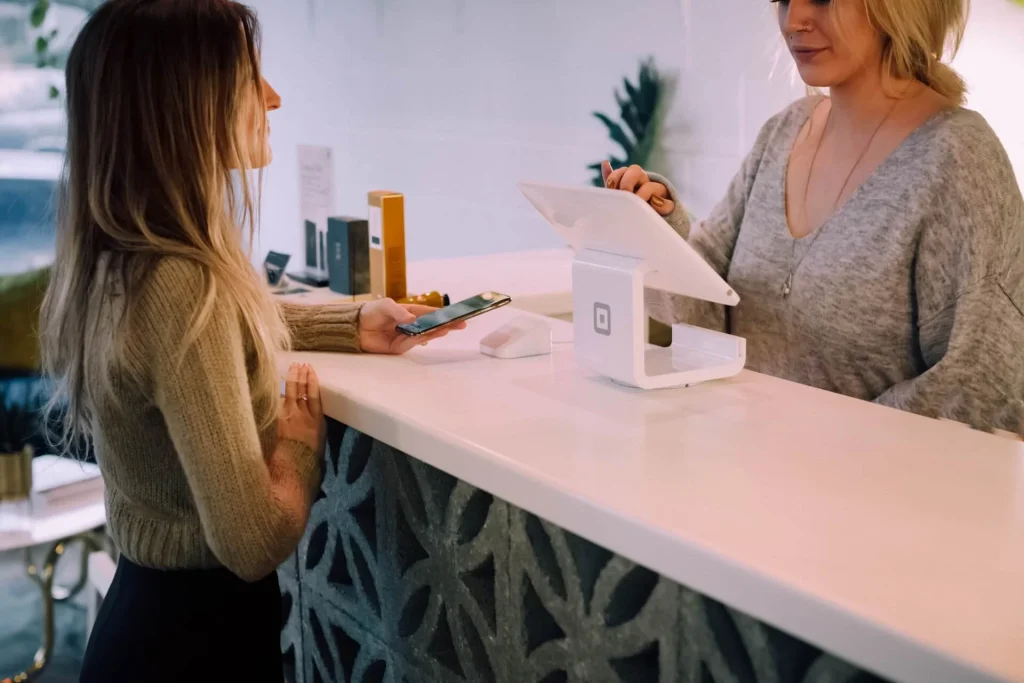
You might be thinking, why should I care? For one, this move will lead to many effects on different economies, businesses, and consumers. Here, we’ll first list down the different effects linking payment systems will have on you.
How Do Banks Linking Their Payment Systems Affect You?It Makes Buying Products When Traveling to Other Countries Easier.
When you’re visiting other countries, you’re bound to spend money on products within that country. The thing is, for a lot of people, currency and cross-country transactions can be very complicated. After all, you have to worry about the exchange rate value at the moment, making sure you have local currency cash on hand for stores that don’t accept credit cards or keeping your credit cards safe while traveling. Enter linked payment systems.
One of the main reasons why countries have decided to link their payment systems is to foster easier transactions between different currencies. Once countries have linked their systems, you’ll be able to pay for products through QR codes which will take having to lug credit cards out of the equation. Although it would still be a good idea to have cash on hand, you won’t have to exchange often or a lot.
If You Have a Business, This Will Call For More Customers and Smooth Transactions.
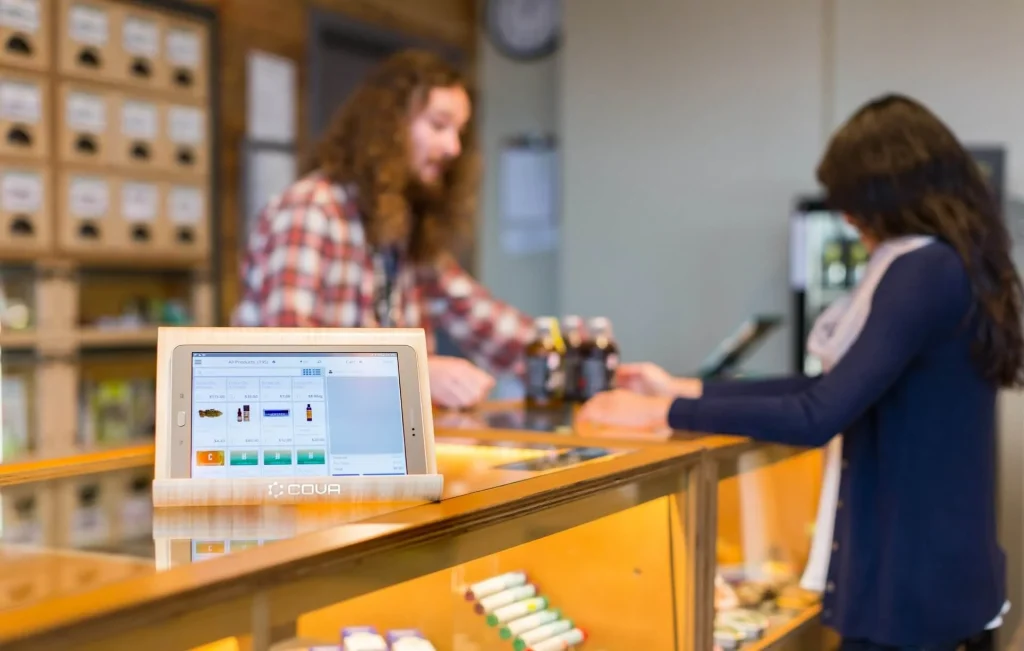
QR codes are, generally, easy to create using a free QR code maker. Apps used by the central banks will give you the option to create your own QR code for your business and will guide you themselves. So, offering this as an alternative to cash or credit will be easy.
Moreover, you won’t have to worry about change or dealing with tourists who need help understanding your currency as the app will deal with that for you. With this, you can also now accept touch-free payments without a special payment terminal or expensive equipment and services. This seamless process removes friction from the consumer to allow them to focus on buying the product.
How many times have you wanted to buy a product only to find that it’s either not available in your region and that they don’t accept the usual payment methods for it? Well, this solves that and makes it easier and more convenient for both the consumer and the retailer.
Qr Code Payments Are Safer Than Using Your Credit or Debit Cards.
Although more information on how their linked payment systems will work is needed, there are a few things you can take away from the fact that they will be using QR codes. One of which is that QR codes are much safer payment options than using your cards.
Rather than giving up bank account information to random strangers, you’ll just be scanning a code that will not store private information as the app will encrypt that data. You won’t be sharing personal information with the sellers.
You no longer need to use common currencies such as US dollars as an intermediary.
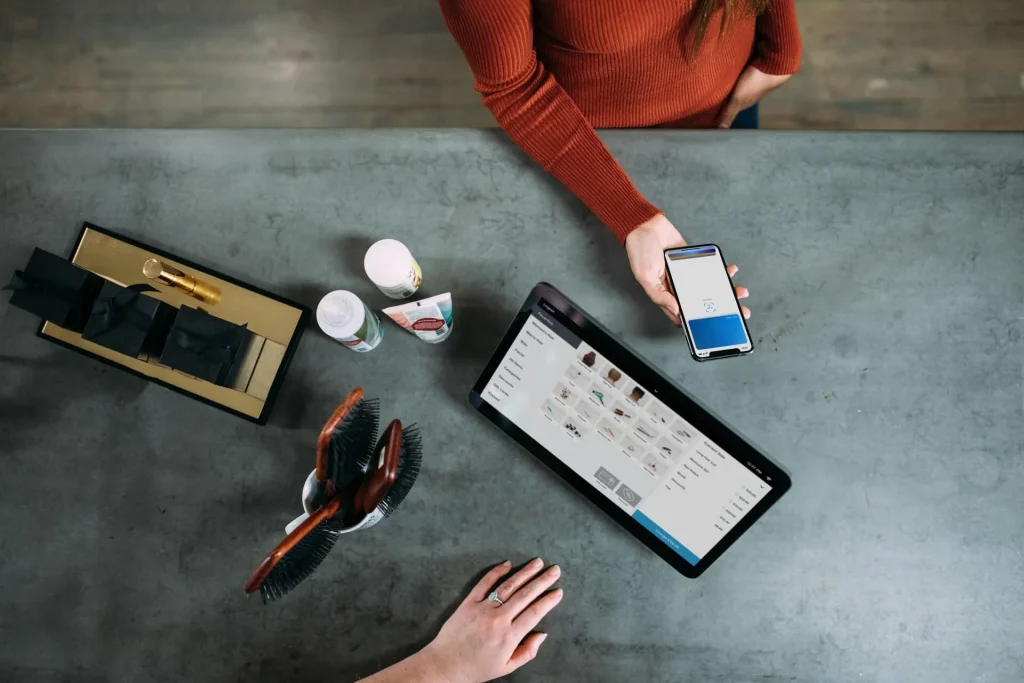
When traveling, most people bring US dollars on hand because it is a common intermediary between different currencies. This is because some currency exchange businesses might not accept your local currency so, the US dollar is a safe option. With banks linking their payment systems, you will no longer need to use US dollars nor visit currency exchange businesses often to pay for souvenirs or products. It’s much more convenient for you.
What Are Its Other Effects?
Countries linking their payment systems will not only affect you. It will also affect economies, businesses, and more. Here, we’ll discuss other effects this move will have on different parties.
This promotes financial inclusion in the financial system.
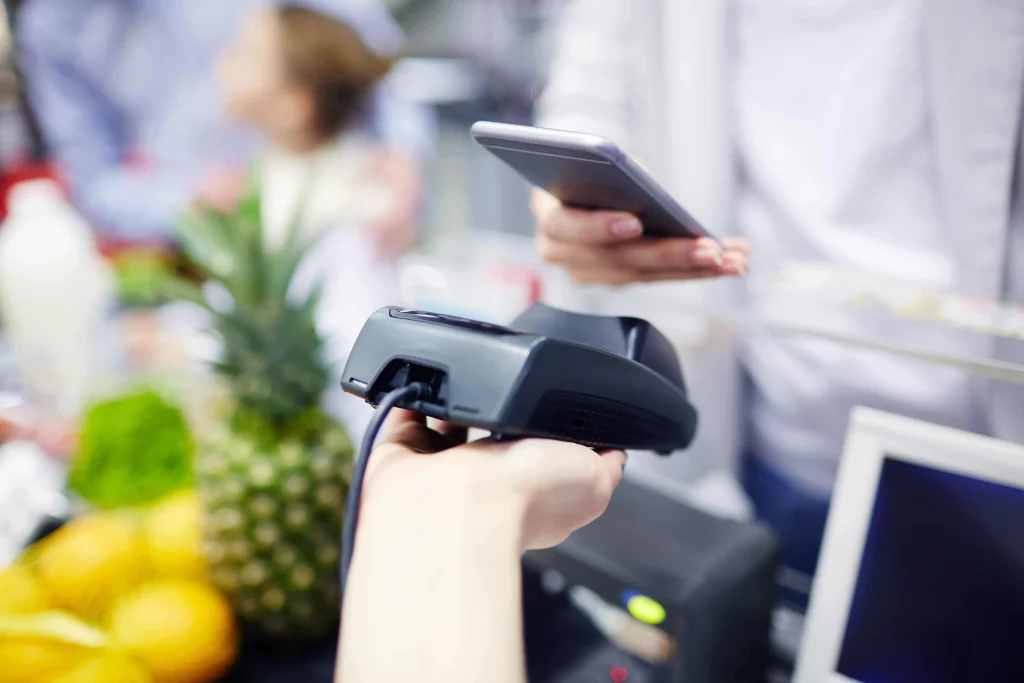
Financial inclusion is defined as a situation wherein everyone can access many, if not all, financial services, products, etc. to meet their needs. This means that any and all transactions, payments, insurance, and the like must be given responsibly to everyone.
By linking payment systems, these central banks promote financial inclusion by providing alternative payment methods in developed regions for those who can’t use traditional ones such as paying through cash or credit card. When these methods reach remote areas that don’t normally don’t have any means to pay, you’re reaching a brand new audience with the financial capability to keep funding your projects and organization.
Payments Across Currencies Will Be Faster.
Transactions across currencies can take time and money which most of us do not have a lot of. Linking payment systems will create a common system all countries can access remotely which gets rid of the need for certain banks to set up physical branches in a specific country. This saves the bank a lot of time and gives them the extra time to focus on creating a dedicated system for faster and smoother transactions.
Switzerland already employs this strategy to provide single currency cross-border systems. Their current system is called the Swiss Interbank Clearing or SIC and it allows users to, for instance, send Swiss francs outside of the country to an account within Switzerland directly.
This Influences Customer Satisfaction.

Businesses may be positively impacted by this change as statistics have already shown that QR codes persuade a consumer to buy more as it usually promises fast, safe and easy touch-free transactions. This influences customer satisfaction as paying via QR codes is very simple and convenient.
Again, having the capability to accept a variety of modes of payment from different vendors remove friction from the end of the consumer. Overall, this leads to a better customer journey and increases consumer satisfaction.
This Influences Customer satisfaction.This will Increase the Global Spend Value via QR code Payments.
Already, reports are showing that several buyers and sellers around the world have taken to QR code payment. Researchers are saying that the global spend value via QR code payments could even reach over US $3 trillion by 2025. As of the moment, the global spend value through QR code payments is US $2.4 trillion. This would indicate that researchers believe payments will increase by 25%.
This Is a Stepping Stone to a Globally Linked Payment System.
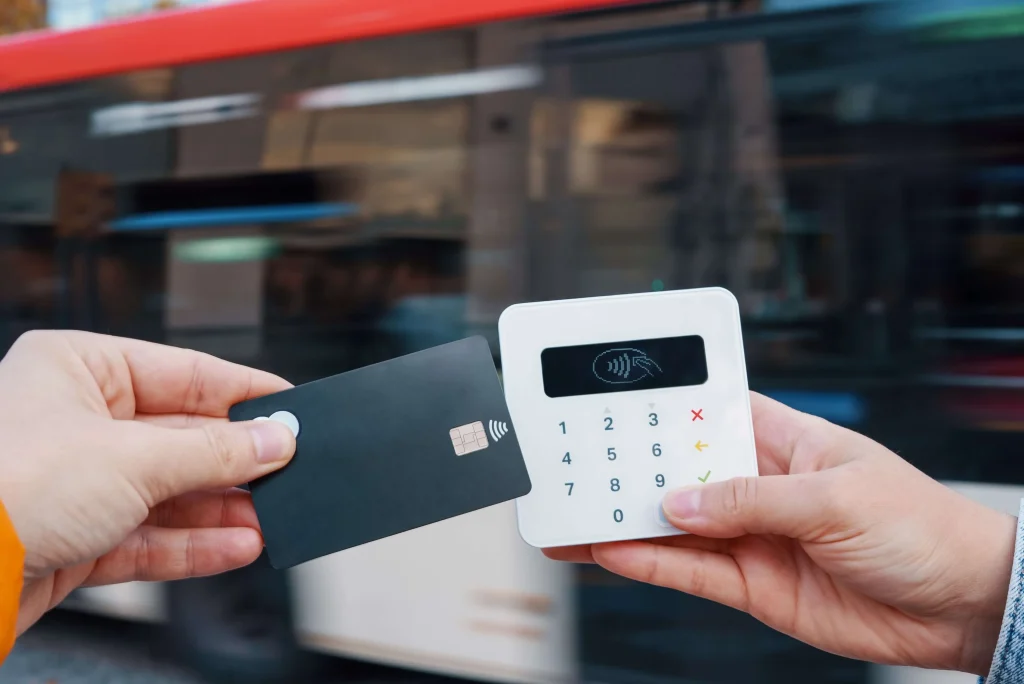
Once these payment systems have been successfully linked, the five countries are hoping to expand by asking more countries to partner with them and link their payment systems. If this endeavor is successful, we might just be headed towards a globally linked payment system wherein you can experience direct currency exchange via app anywhere.
Furthermore, this strategy can even be used in bank transfers, central bank digital currencies, and promoting efficient financial services and building business opportunities.
What Are the Challenges of Linking Payment Systems?
Linking payment systems and making sure everything goes smoothly is no easy feat. There are challenges along the way that countries will have to face and risks they’ll have to brave. As such, we’ve compiled a list of challenges in relation to establishing a common payment system.
The Start-up Will Be Expensive.
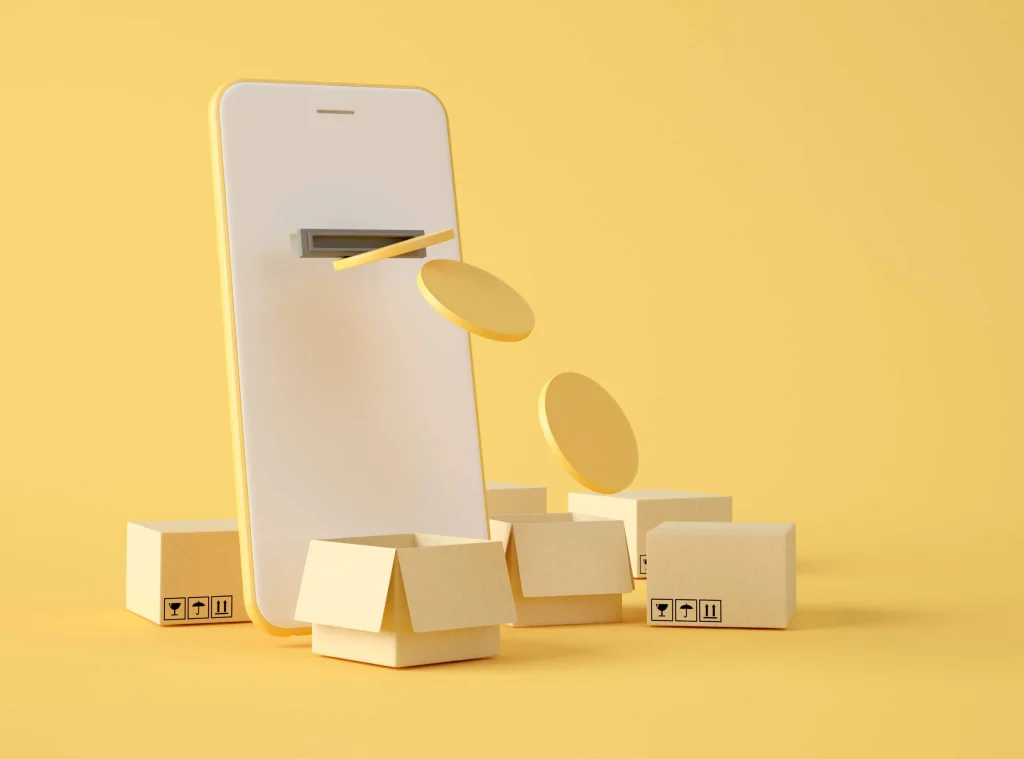
Linking payment systems will require manpower, equipment, and the like that are bound to cost money. The start-up will be expensive and the maintenance equally so. This will result in difficulty in gaining partners and investors.
Time Zones Will Result in Management Difficulties.
Unfortunately, the challenges don’t stop once the payment systems have been linked. There will be problems that arise which will require solutions however, because some countries will have different time zones and operating hours, managing these crises will be more than difficult. For instance, the needed employees and staff might be unavailable.
Finding the Right Currency Conversion Model Is a Must for Central Banks.
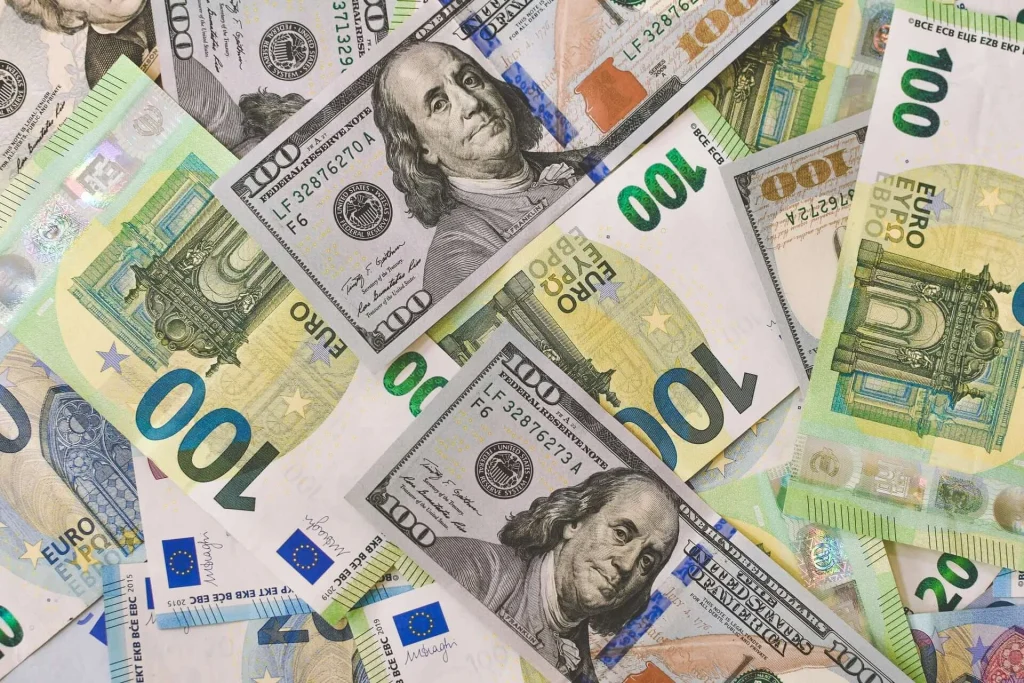
A currency conversion model can make or break this entire system. Making sure you’re allocating the right costs and presenting the right risks, choosing the right banks to provide conversion services, and connecting currencies among other things is a must if the system is to survive long-term.
So, Is Linking Payment Systems a Good Thing?
No one knows what the future looks like so, no one truly knows how bad or good the effects of linking payment systems will be on everyone. What we do know now is that it has the potential to improve a lot of things including how smooth cross-country transactions are and how safe.
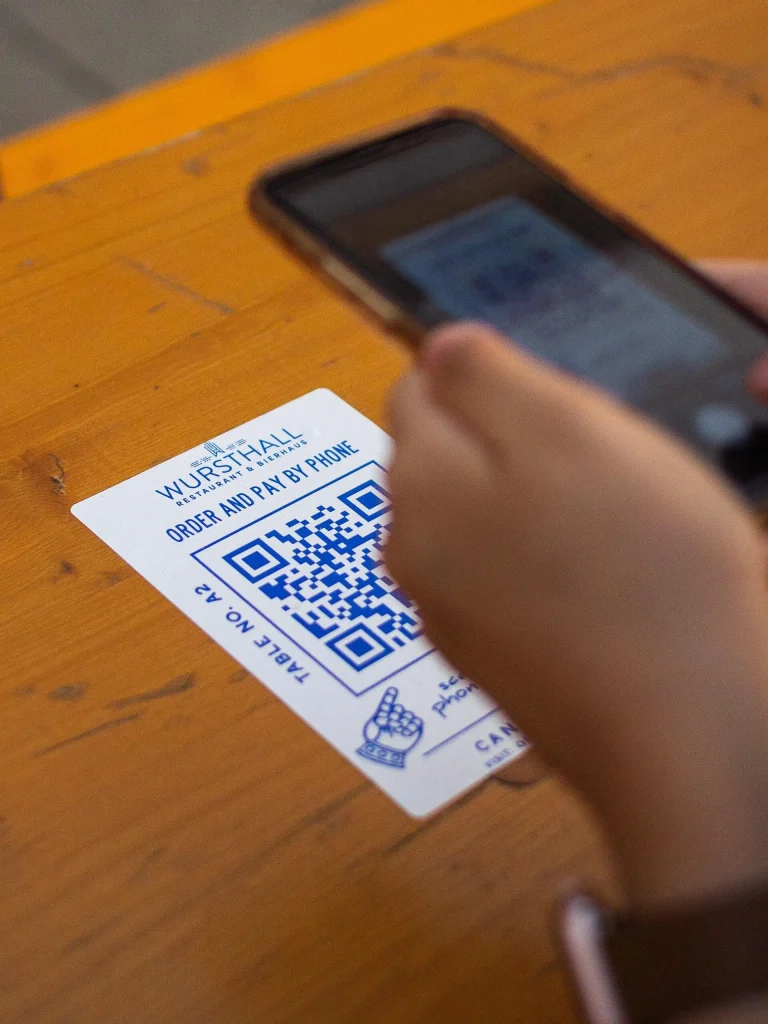
The main purposes of linking payment systems are to provide efficient transactions, promote financial inclusion, and the like. This idea has been tested, researched, and more to make sure that, theoretically, it will help. This strategy does have the potential to improve the parties involved.
Here at Crown Asia, we want to do the exact same thing but in the world of real estate – we want to connect people from all walks of life and in different house and lot for sale communities to build a prime real estate location focused on providing a great home life and investment opportunity for all.
The Takeaway
With the rise of new technology comes new and often easier ways to do things including cross-country transactions. Five Southeast Asian countries have decided to link their payment systems so you no longer have to exchange money at a local currency exchange or worry about unsafe credit card transactions while on vacation.
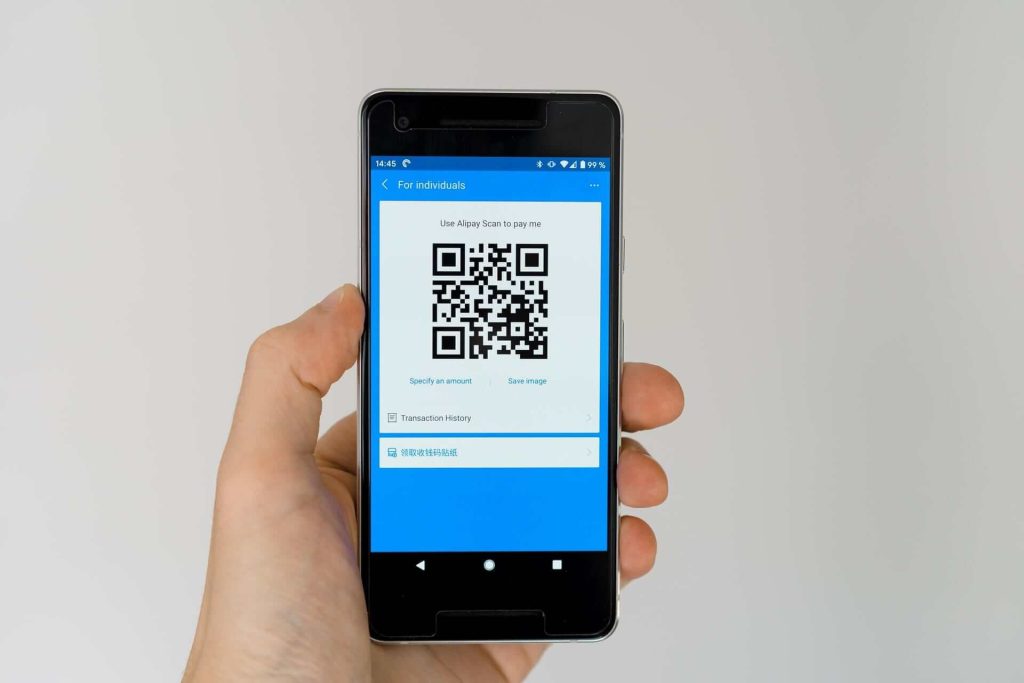
Overall, this seems like a great idea but, like most things it has its pros and cons. While linking payment systems will help with financial inclusion and efficiency, it’s difficult to set up and will cost countries quite a lot.
Nonetheless, countries remain optimistic about the potential this move holds in developing economies. Experts also believe this strategy will help you experience faster, safer, and more efficient transactions no matter where you are. So, now knowing this, which payment system are you most excited to use?
Related Blog: Why Are Asian Currencies Weakening? Are We in a Recession?


